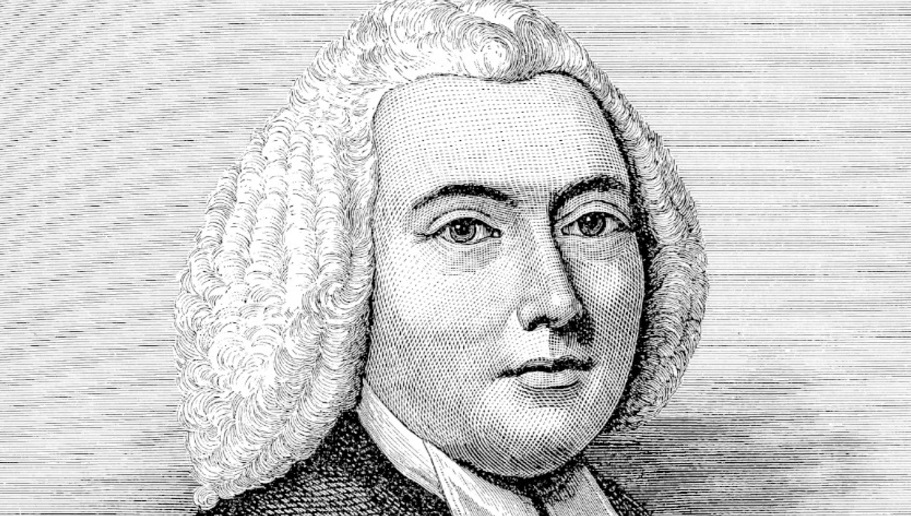“Rebellion to tyrants is obedience to God.”
Just after the Declaration of Independence was adopted in 1776, a committee of Thomas Jefferson, John Adams, and Benjamin Franklin worked to design a great seal for the United States – and it included that powerful phrase on the reverse.
While we don’t know who originally wrote it, we can closely trace its roots to the ideological groundwork laid by Jonathan Mayhew in his widely-read, but mostly forgotten, 1750 sermon on resisting tyranny.
Preceding the War for Independence by decades, Mayhew challenged the traditional notion of blind obedience to authority, basing his argument on both scripture and reason. His ideas not only shaped the ideological foundation for resistance to British rule, but also laid the groundwork for broader principles of liberty and self-government.
Resistance to Tyranny: A Moral Duty
Mayhew began by dismantling the argument that submission to government is an unconditional duty. Instead, he argued that rulers hold their authority solely when acting within the limits of the powers entrusted to them. […]
— Read More: granitegrok.com


